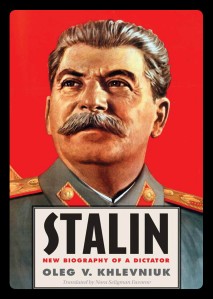
This book is a joke. It’s a joke on how demented and caustic American mainstream media has become that you only read opinion pieces on how evil the bad guys are (Trump, Putin, Xi, Elon being in the lead). It’s also a joke on how nobody engages with the public on how to de-escalate the situtation with Russia. It’s also a joke on how simple yet practical the suggestions by the author are which can result in somewhat less animus relations. It’s also a joke, however, on the book itself because most of the suggestions are backed by hearsay like “I heard this…”, “I read this…”. Wish it was slightly more academic in its research. The book is more of a rebut than a refute.
Weisberg himself joined CIA but from what one can gather reading the book, he hardly worked there as went away for a year to take care of his ill father and then resigned after coming back. Still he doesn’t shy away from repeatedly stating “when I was at CIA…”. Well, everyone deserves a chance to pat one’s back for sure. He has brought together several suggestions on how US – Russia can normalize their relations, but they are more oriented towards the extremely biased, and hand-in-glove left-illiberal media. He also counters many famous, standardized narratives which have been paraded long enough to paint Russia and Putin as evil of the highest order. He does refer to few reports here and there but majorly to anecdotal evidence. One interesting postulate he brings forward is of that even the harshest Russian critics of U.S.S.R felt bad when U.S.S.R collapsed because it was their region. They were critics of the communist rulers and politicians but not of the region in itself because there was absolute mayhem after the collapse, a manifold increase in corruption and cozying up to the powers.
A book which is different than the league but not serious enough to garner any major support from anyone whatsoever. Intent is good though not backed by hard work.


